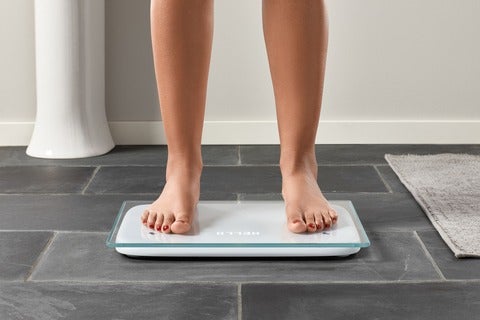
Digital therapeutics company Bodyport has received the US Food & Drug Administration (FDA) 510(k) clearance for its Bodyport Cardiac Scale.
The Bodyport Cardiac Scale is a non-invasive biomarker platform intended to enable people with fluid management conditions, such as heart failure and kidney disease.
According to the firm, the solution measures the heart function and fluid status in the same step they measure their weight.
The Cardiac Scale was created to easily fit into a patient’s routine by utilising a well-established form factor and daily self-weighing habit.
Key hemodynamic biomarkers are measured by advanced sensors and algorithms each time a person stands on the Cardiac Scale, said Bodyport.
The device then transmits the data to care teams over a cellular network, giving them a window into the patient’s condition and facilitating effective and efficient care.
Bodyport CEO John Lipman said: “As we bring this easy-to-use, noninvasive solution to market, we look to dramatically improve how patients with heart failure are currently managed.
“Patients with heart failure and their caregivers have few options outside of a standard weight scale or a costly and invasive implant.”
“The comprehensive health assessment from the Cardiac Scale provides metric-driven, personalised care to those in need.
“This FDA 510(k) clearance is an important milestone, allowing us to expand access in support of our goal to keep people with fluid management conditions healthier and out of the hospital.”
More than 10 hospitals and healthcare systems around the US have already participated in Bodyport’s clinical investigations.
The company intends to make the technology more widely available later this year.
Bodyport co-founder president and CTO Corey Centen said: “The Bodyport Cardiac Scale is a significant step forward in the standard of care for the remote management of patients with cardiorenal conditions.
“By providing a longitudinal view of fluid status, care teams can more effectively manage their patients through simple, optimized lifestyle and medication adjustments.”






